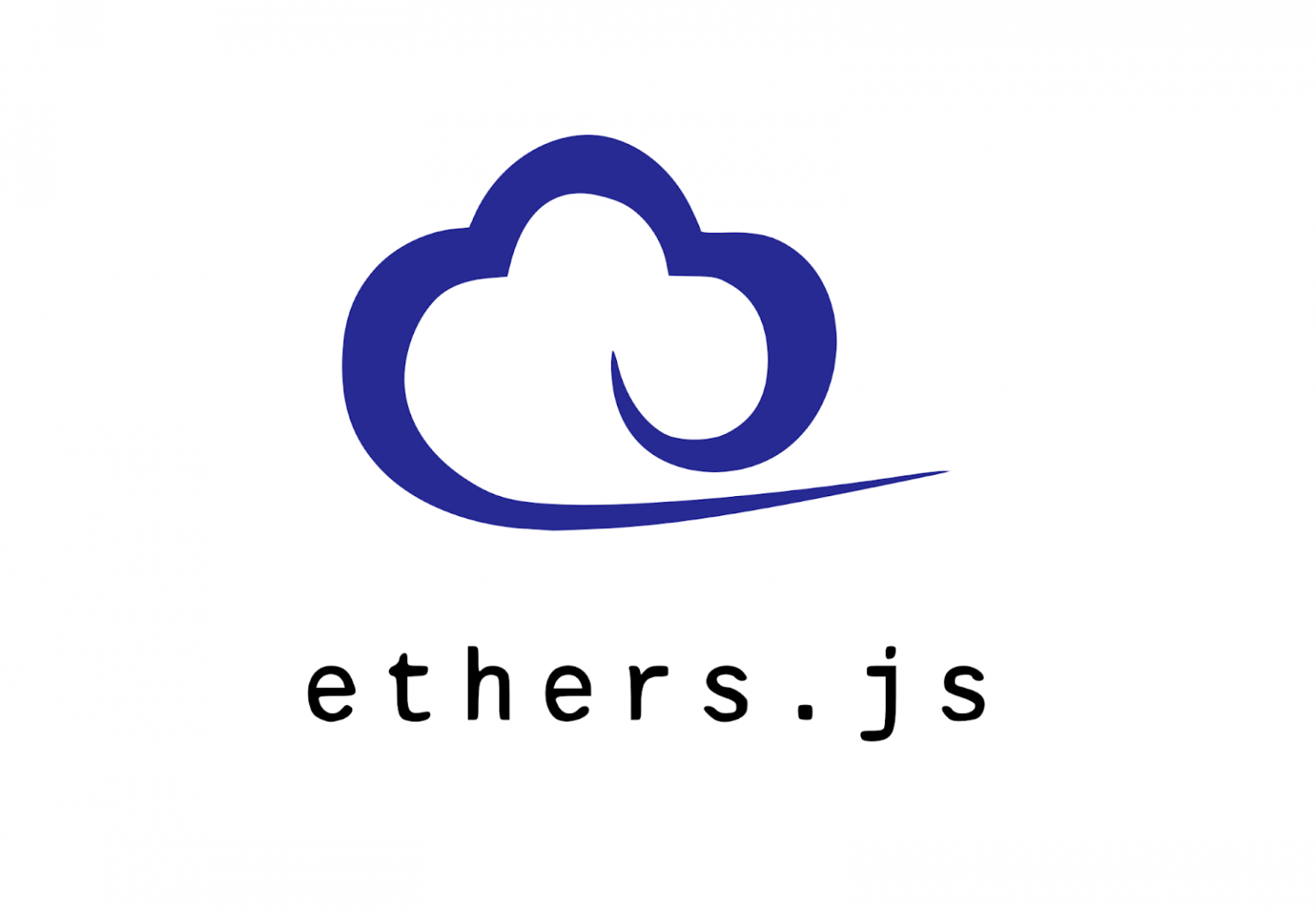Store data with decentralized, blockchain-based data storage systems for the public sector.

Blockchain technology can be used to facilitate regulatory compliance in several ways. It has the potential to improve regulatory compliance by increasing transparency, providing immutable records, enabling smart contracts, and enhancing traceability. However, it's important to note that the use of blockchain for regulatory compliance is still in its early stages, and there are many challenges that need to be addressed before it can be widely adopted.

Blockchain provides a decentralized data storage facility without the need of having any client-server architecture or any third party. Blockchain-based data storage increases the privacy, security, and control of the data and eliminates most traditional outages and data failures. By using blockchain data storage the public sector does not need a centralized repository and can maintain its service quality and performance monitoring.
Government data storage done on a blockchain-based platform essentially removes dependencies on conventional centralized computing systems for data storage, processing time & uptime. An architecture made using blockchain allows for large-scale implementation and sustainable scaling of the project.











Work with Bloom Genesis to leverage the most from a trusted and secure blockchain-based platform. We can help you build unique capabilities that help issue, manage, and verify any government digital identity. Create a security-rich hub of user-identity data and tap into an outcome-driven network of digital credentials.
























